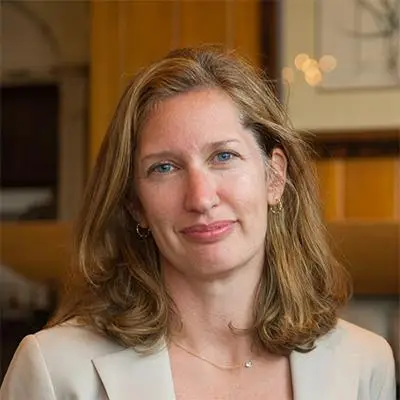A few years ago I sat with a group of urban district leaders in a noisy L.A. restaurant, leaning forward to hear every word from the new Los Angeles Unified School District superintendent, John Deasy. Deasy had, admirably, given up a comfortable job at the Bill & Melinda Gates Foundation to get back into the fray to try to tackle one of America’s most impermeable school districts. Deasy had the support of the mayor and a couple of years of opportunity. He was optimistic about the task ahead: creating hope, erasing inequity, professionalizing teaching, holding adults accountable, giving families choice.
In nearly any other sector, a man like Deasy—who is able to articulate a strong vision of change and pursue it relentlessly—would be able to get people to follow him and accomplish most anything. But this was LAUSD, where for decades strong leaders were eaten alive by the politics of race and unions and poverty and rampant district dysfunction.
Deasy came out strong in his new position, making aggressive moves toward a new teacher evaluation system that included value-added measures of effectiveness. But he also started making concessions early on. Charter school advocates were disappointed that Deasy excluded charters from a major school turnaround initiative in order to appease the union and maintain board support. Some say that his political backing really started to crumble when the term-limited mayor stepped down, and it only got worse. A recent billion-dollar initiative to equip all students and teachers with iPads encountered numerous problems, with poor rollout and financial overruns.
But more than anything, it was impossible to make challenging policy decisions and maintain the support of LAUSD school board members, who—as in other cities—are influenced by community politics and stakeholder interests, rather than acting like they should, as a governing body that oversees a long-term civic vision and strategic plan.
Deasy will reportedly resign in February. It’s hard to see how kids are going to be better off as a result of his departure. No one knows whether the gains he made will be kept or frittered away. It is difficult to imagine the fractured board can agree on another superintendent with strong ideas.
There will be a lot of Monday-morning quarterbacking the Deasy term: Could all this have been avoided if he hadn’t emphasized test scores in teacher evaluations? If he’d engaged the community more effectively? Pushed for smarter financial management? Stayed away from a big technology purchase? Or is this the inevitable story of urban school system reform?
If you are honest with yourself (and older than 20), you may find yourself believing that if a leader like John Deasy can’t make real progress, the urban superintendency truly is an impossible job. We need to stop relying on heroism and instead start dismantling special interest-captured school boards and other governance structures that get in the way of school improvement for urban students. We need civic leaders to commit to a long-term vision of institutional change that will weather the leadership shift of the moment.
I’ve seen the L.A. story often enough now that it’s starting to feel like a bad video game that you play over and over, always with the same result. Charles Kerchner recently presented about LAUSD’s reform history and pointed to at least eight major reform initiatives since the ‘80s that have eaten up hundreds of millions of dollars to almost no effect.
What if we could go back and reprogram the game so that Deasy didn’t have an elected board? What if he’d decided to use his political capital during the mayor’s terms to turn 200 of LAUSD’s worst schools over to the city’s highest-performing charter organizations, so that his gains would be hard to reverse? What else could he have done differently to fundamentally change the trajectory of the district?
If and when Deasy, yet another promising superintendent, leaves, the conversation should not be—as it usually is—about the man. It needs to be about the systems that stood in his way.




